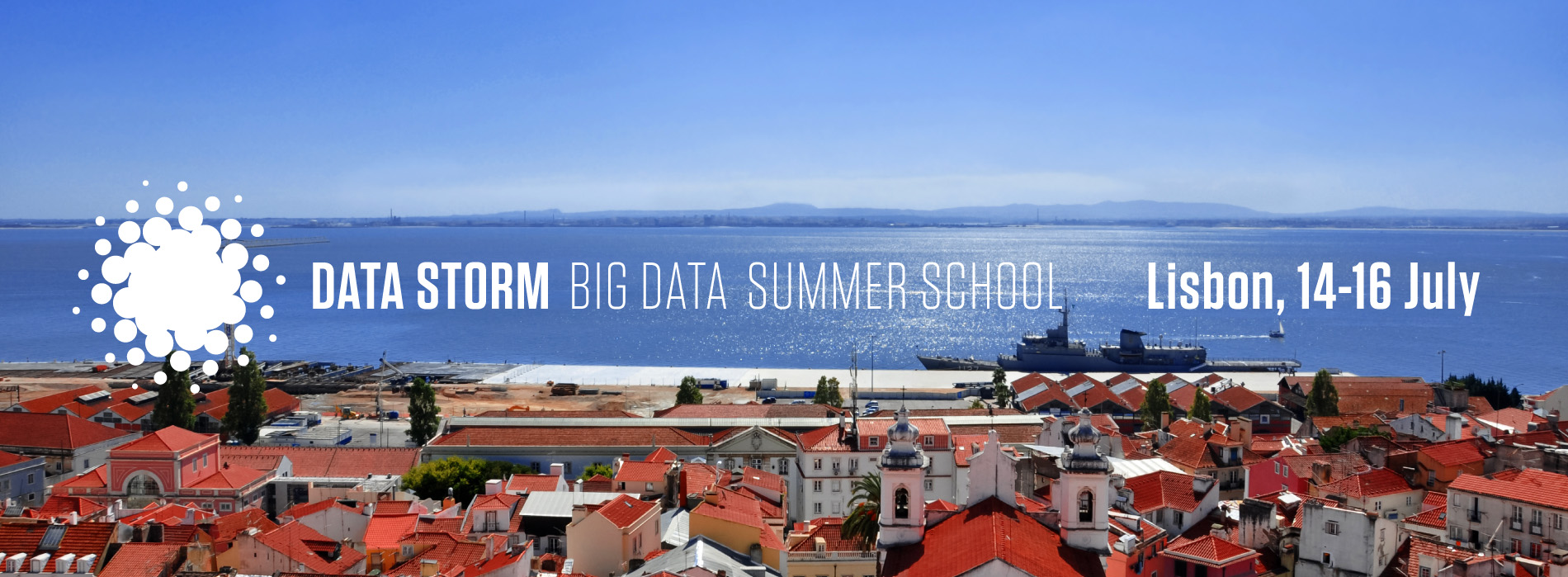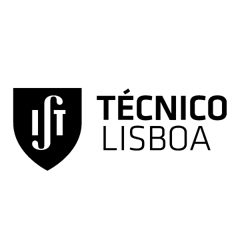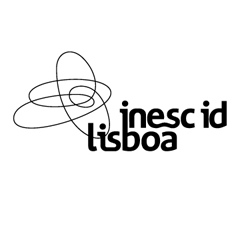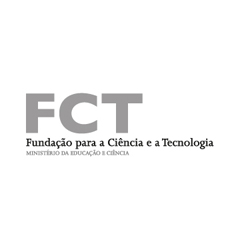-
DataStorm Big Data Summer School July 14th-16th, Lisbon
News
15/7/2014: First, just a reminder that participants in the Summer School can also attend the keynote talks at DILS. Now, the news: participants in the Summer School can also attend the first day social events at DILS, i.e. the visit to the museum and the welcome reception.
14/7/2014: we are starting to put presentations and other material online. The links will appear in the presentation titles, in the Schedule.
14/7/2014: we have added some information on where to find lunch here.
9/7/2014: you can find information on how to get to the Summer School location here.
About
Welcome to the 1st Data Storm Big Data Summer School
The 1st Data Storm Big Data Summer School will take place on July 14-16 2014, at the Lisbon campus of Instituto Superior Técnico. It is aimed at students, who want to learn more about the challenges and state-of-the-art techniques for Big Data analytics, researchers, who need to analyze and extract patterns from very large sets of experimental data, and the industry, where knowing the currently available tools, services, and applications for exploring Big Data is of the essence. No previous knowledge of the subject is required, although attendants should have a minimal programming skill set.
The summer school will last three days, each focusing on a different topic. During the first day, attendants will learn what Big Data is, why it is important, and what are its challenges and current solutions. The second day will be dedicated to Environmental Data, in particular to the real-time processing of data streams collected from environmental sensors. The third day will focus on Biological Data, with an emphasis on the parallelization of the computational framework for genomic data analysis.
The school will include tutorial presentations, were the fundamentals of Big Data processing will be taught, laboratory sessions, where an hands-on approach will be taken, allowing the attendants to try for themselves a set of programming frameworks for managing large data volumes on a cloud computing environment, and keynote sessions, where leading researchers and data engineers will present the latest developments and applications of Big Data analytics.
At the end of the 1st Data Storm Big Data Summer School, all attendants will have the theoretical know-how and practical experience necessary to start creating Big Data solutions. We expect this knowledge to have a major impact on the way data is transformed into information, and information into action, at schools, research labs, and organizations.
For more information, contact info@ds3.inesc-id.pt.
DILS 2014
The Data Storm Big Data Summer School occurs just before the 10th International Conference on Data Integration in the Life Sciences (DILS 2014). You may want to consider attending both events. See the Registration section for more details.
Schedule
Day 1
08:00 - 09:00
Registration
Registration & Welcome
10:30 - 11:00
Coffee Break
Morning Coffee-Break
12:30 - 14:30
Lunch Break
Lunch
16:00 - 16:30
Coffee Break
Afternoon Coffee-Break
18:00 - 18:15
Closing
Closing & Announcements
Day 2
Day 2
Streaming Data Processing
08:45 - 09:00
Registration
Registration
10:30 - 11:00
Coffee Break
Morning Coffee-Break
11:00 - 12:30
Speaker #2.2
Streaming Data Tutorial Session
Pedro Furtado
Real-time Data Wharehousing (FA3)
12:30 - 14:30
Lunch Break
Lunch
16:30 - 17:00
Coffee Break
Afternoon Coffee-Break
17:00 - 18:00
Speaker #2.4
Keynote Address (FA3)
Lukasz Golab
"Optimizing Data Placement for Distributed Computation"
Day 3
Day 3
Big Data Processing
08:45 - 09:00
Registration
Registration
09:00 - 10:30
Speaker #3.1
Bio Data Tutorial Session
Luís Russo
Succinct data structures and indexing (FA3)
10:30 - 11:00
Coffee Break
Morning Coffee-Break
11:00 - 12:30
Speaker #3.2
Bio Data Tutorial Session
Sara Madeira
Machine learning for Big Data (FA3)
12:30 - 14:30
Lunch Break
Lunch
16:30 - 17:00
Coffee Break
Afternoon Coffee-Break
17:00 - 18:00
Speaker #3.3
Keynote Address (FA3)
Jonas Almeida
"The Hackers Guide to the Galaxy - Coding Biomedical Big Data Analytics with no Servers"
Speakers
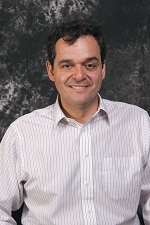 Jonas Almeida
Jonas Almeida
University of Alabama at Birmingham
Professor Jonas S Almeida is the Director of the Division in Informatics of the Department of Pathology of the University Alabama at Birmingham (UAB), working on integrative personalized medicine applications.
His current research is centered on the conjugation of semantic web abstractions and distributed cloud computing approaches by bioinformatic applications in the pervasive WebPlatform. The use of computational statistics at the intersection of those two fields now gets a fancy new name, BigData Science, which is also the focus of his educational and service activities. This work pulls together threads from past, and ongoing, work on mathematical modeling and machine learning, at a time when these fields are challenged by the increasingly data driven nature of modern Biomedical research.
Jonas S. Almeida was first trained as a Plant Biologist (BS) in his native Portugal and went on to pursue a graduate program in Biological Engineering (PhD 1995) which then led to a string of faculty appointments in Chemical Engineering (1996-2000, Assistant Professor, University of Lisbon), Biostatistics (2001-2005, Associate Professor, Medical University of South Carolina), Bioinformatics and Computational Biology (2006-2010, Professor, University of Texas MDAnderson Cancer Center). This trajectory, with a trail of 145+ peer reviewed manuscripts, reflects an interest in quantitative Biology in all of its components – experimentation, engineering, mathematical modelling, computational statistics and more recently software engineering.
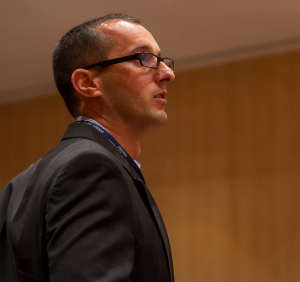 Paulo Carreira
Paulo Carreira
Instituto Superior Técnico
Paulo is a lecturer of Software Engineering and Database Systems subjects in the Department of Computer Science and Engineering of IST. In recent years he became interested in the role of Computer Science to create energetically efficient buildings. He is the organizer of the IT4ENERGY international workshop on Information Technology for Energy Applications. Paulo is also a researcher at the DMIR group of INESC-ID in Lisbon and his current research primarily focuses the agile creation of highly modular software for data intensive applications such as energy management and building control.
Before joining academia he worked 10 years in industry in different projects and was the head of development of Data Fusion, a tool set for large-scale data integration and migration used in the banking industry. While working in industry he managed to complete a Masters and PhD in Computer Science and Engineering from the University of Lisbon.
When not working in research projects Paulo loves to code and to use his energy and enthusiasm to inspire students into pursuing their dreams. Together with students, Paulo is starting the IST Hackerschool—a magic hackerspace that turns ordinary students into creators by introducing them to the hacker and maker culture. He can frequently be found capturing students’ hearts and imagination as he delivers impassioned speeches about computers, science and art.
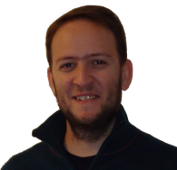 Alexandre P. Francisco
Alexandre P. Francisco
Instituto Superior Técnico
Alexandre P. Francisco has a Ph.D. degree in Computer Science and Engineering and he is currently an Assistant Professor at the CSE Dept, IST, Univ of Lisbon. His current interests include the design and analysis of data structures and algorithms, with applications on network mining and large data processing.
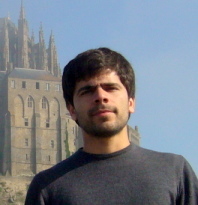 Pedro T. Monteiro
Pedro T. Monteiro
Instituto Superior Técnico
Pedro T. Monteiro has a dual Ph.D degree in Bioinformatics and Computer Science and Engineering, and he is currently a research fellow at INESC-ID. He is currently interested on the semi-automatic analysis and validation of qualitative models of biological regulatory networks.
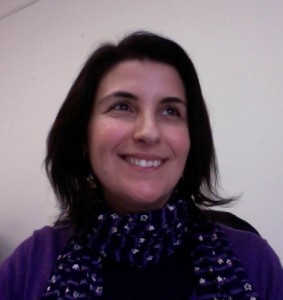 Sara C. Madeira
Sara C. Madeira
Instituto Superior Técnico
Sara C. Madeira received a (5-year) BSc degree in Computer Science from the University of Beira Interior, Covilhã, Portugal, in 2000, and the MSc and PhD degree in Computer Science and Engineering (CSE) at Instituto Superior Técnico (IST), Technical University of Lisbon, in 2002 and 2008. She is currently an Assistant Professor, at the CSE department at IST, where she teaches undergraduate courses on algorithm and data structures and graduate courses on computational biology and data integration for bioinformatics. She is also a senior researcher at the Knowledge Discovery and Bioinformatics (KDBIO) group at INESC-ID, Lisbon.
Her research interests include algorithms and data structures, data mining, machine learning, bioinformatics and medical informatics. In this context, she is currently the principal investigator of the NEUROCLINOMICS (Understanding NEUROdegenerative diseases throught CLINical and OMICS data) project. NEUROCLINOMICS aims at the development of innovative approaches to understanding neurodegenerative diseases through heterogeneous data integration. It also aims at the development of sophisticated knowledge discovery system to integrate powerful data mining algorithms to unravel potentially relevant links between omics and clinical data, tackling disease diagnostic and prognostic markers, disease progression rates, and patient profiles. In this context, together with the challenging task of studying complex diseases it embraces the challenging topic of developing efficient and effective mining algorithms for biomedical data integration, using Amyotrophic Lateral Sclerosis and Alzheimer’s disease as case studies.
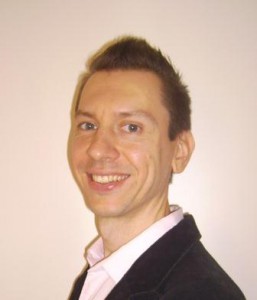 Lukasz Golab
Lukasz Golab
University of Waterloo
Lukasz Golab is an Assistant Professor in the Department of Management Sciences at the University of Waterloo, Canada. Before moving to Waterloo in 2011, he was a Senior Member of Research Staff at AT&T Labs. He currently serves on the editorial board of the Information Systems Journal and on the program committees of SIGMOD 2014 and VLDB 2014 and 2015. He also sits on the external advisory board of the European FP7 mPlane project: Building an Intelligent Measurement Plane for the Internet. He enjoys working on data management problems, including big data, fast data, dirty data and data analytics for sustainability.
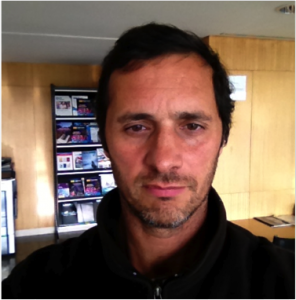 Pedro Furtado
Pedro Furtado
University of Coimbra
Pedro Furtado is Assistant Professor at University of Coimbra, Portugal, where he teaches courses in both Computer and Biomedical Engineering. His main research interests are Parallel Data Management and Scalability, Data Warehouses and Data Mining, QoS, Cloud Computing, Complex Event Processing. Lately, his research has focused both on scalable and realtime data warehouse architectures, bigdata and data mining, cloud data management, complex event processing and middleware. He has more than 100 papers published in international conferences and journals, and several research collaborations with both industry and academia. Besides a PhD in Computer Engineering from U. Coimbra (UC), Pedro Furtado also holds an MBA from Universidade Católica Portuguesa (UCP).
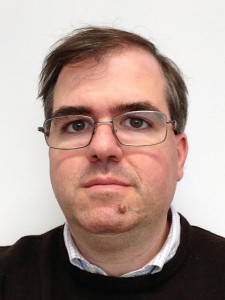 Daniel Gonçalves
Daniel Gonçalves
Instituto Superior Técnico
Daniel Gonçalves is a researcher at the Visualization and Multimodal Interfaces Group of INESC-ID and Professor of Computer Science at Instituto Superior Técnico (IST/UTL), the School of Engineering of the Technical University of Lisboa, Portugal. His research encompasses the areas of Information Visualization, Personal Information Management and Accessibility. He has published over 130 peer-reviewed papers publications in those areas, as well as being the co-author of a textbook on Human-Computer Interaction. He currently manages INESC-ID’s participation in the national EDUCARE project, where information visualization techniques will be used in novel ways as a pedagogic aid, and EU AAL PAELife, striving to find new interaction techniques for the creation of a personal life assistant for the elderly. He was one of the organizers and Technical Program Chair of IFIP INTERACT 2011 (September 2011) and of the ACM International Conference on Intelligent User Interfaces (February 2012). He is a member of ACM and the Portuguese Computer Graphics Group (the national Eurographics chapter).
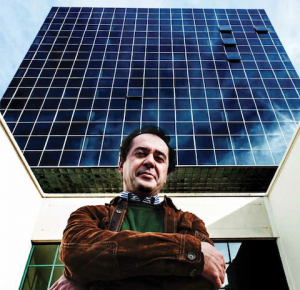 Mário Silva
Mário Silva
Instituto Superior Técnico
Mário J. Gaspar da Silva has a PhD in Electrical Engineering and Computer Science from the University of California, Berkeley (1994) and obtained Master (1987) and Licenciatura (1983) degredes in Electrical Engineering from Instituto Superior Técnico (IST), Universidade de Lisboa. He is a full professor in Information Systems in the Computer Science and Engineering Department of IST and a senior researcher at INESC-ID – Instituto de Engenharia de Sistemas e Computadores Investigação e Desenvolvimento em Lisboa (Information and Decision Support Systems), where he his coordinating the Research Line of Excellency in Large-Scale Data Management (DataStorm). His research interests span intelligent information systems and digital libraries, including information access methods, heterogeneous data integration (mainly web, biomedical and geographic data), information retrieval and text mining.
 Luís Russo
Luís Russo
Instituto Superior Técnico
Luis M. S. Russo has a Ph.D. degree in Computer Science and Engineering and he is currently an Assistant Professor at the CSE Dept, IST, Univ of Lisbon. His current interests include the design and analysis of data structures and algorithms for string matching problems. He is mainly interrested in succinct and compressed structures, which can be used to handle large volumes of data. His initial research focused on compressed indexed, using Lempel-Ziv data compression. He has also worked on compressed suffix tree representations. He also keeps a healthy interrest in using the SSE instruction set to optimize algorithmic performance of his implementations. He currently lectures courses on the analysis of algorithms and string processing with applications to bio-informatics.
Venue
The 2014 DataStorm Big Data Summer will be held at Instituto Superior Técnico, in Lisbon, Portugal.
How to get there
You can find detailed information on how to get to Instituto Superior Técnico here. The map below shows the buildings where the event will occur, which are located at the Department of Computer Science and Engineering.
Where to have lunch
There are several places in and around IST were you can have lunch.
On campus
You can check this map for the buildings on campus.
Ou lectures are in building 10. You can find a restaurant in the basement of building 5. If you want something more affordable, you can check out the canteens in buildings 2 and 24. If you just want a quick snack, you can go to buildings 1, 26, or 11.
Off campus
If you exit through the back gate of IST, you will find many restaurants of many varying prices. Almost every street will have at least one restaurant.
Instituto Superior Técnico
The Instituto Superior Técnico (IST, http://www.ist.utl.pt/) is the largest and most reputed school of Engineering, Science and Technology and Architecture in Portugal. Since its creation in 1911, IST’s mission is to provide top quality higher education, as well as to carry out Research, Development and Innovation (RD&I) activities according to the highest international standards.
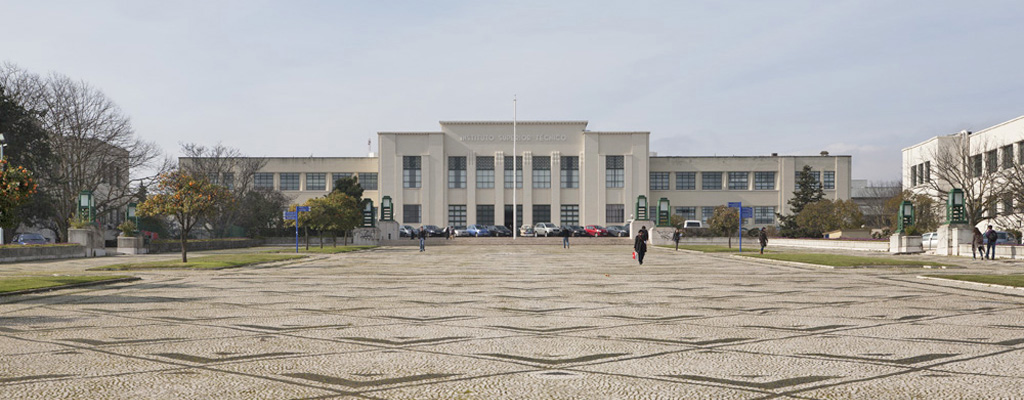
Today’s IST is recognized as a Great School of Engineering, Architecture, Science & Technology, in Portugal and worldwide. IST is involved in some of the most prestigious RD&I and technology transfer institutions in Portugal, with remarkable impact internationally at many scientific and technological domains. A vast number of courses in cutting-edge engineering areas, at undergraduate, Master and Doctoral levels, are nowadays offered at IST. IST is also actively involved in several networks and international programmes to promote student mobility, both at undergraduate and postgraduate levels. Through a large number of agreements with other institutions worldwide, IST participates in more than 20 Dual Master programmes, and joint PhD programmes with MIT, CMU, UT-Austin, KTH and EPFL.
Other important facts about the history of IST can be found in
http://www.ist.utl.pt/en/about-IST/history/.
Lisbon
Lisbon is the capital of Portugal and lies on the north bank of the Tagus river, on the European Atlantic coast. It is the westernmost city in continental Europe. It is an historic capital, a potpourri of unusual character and charm, where 800 years of cultural influences mingle with modern trends and life styles creating spectacular contrasts.
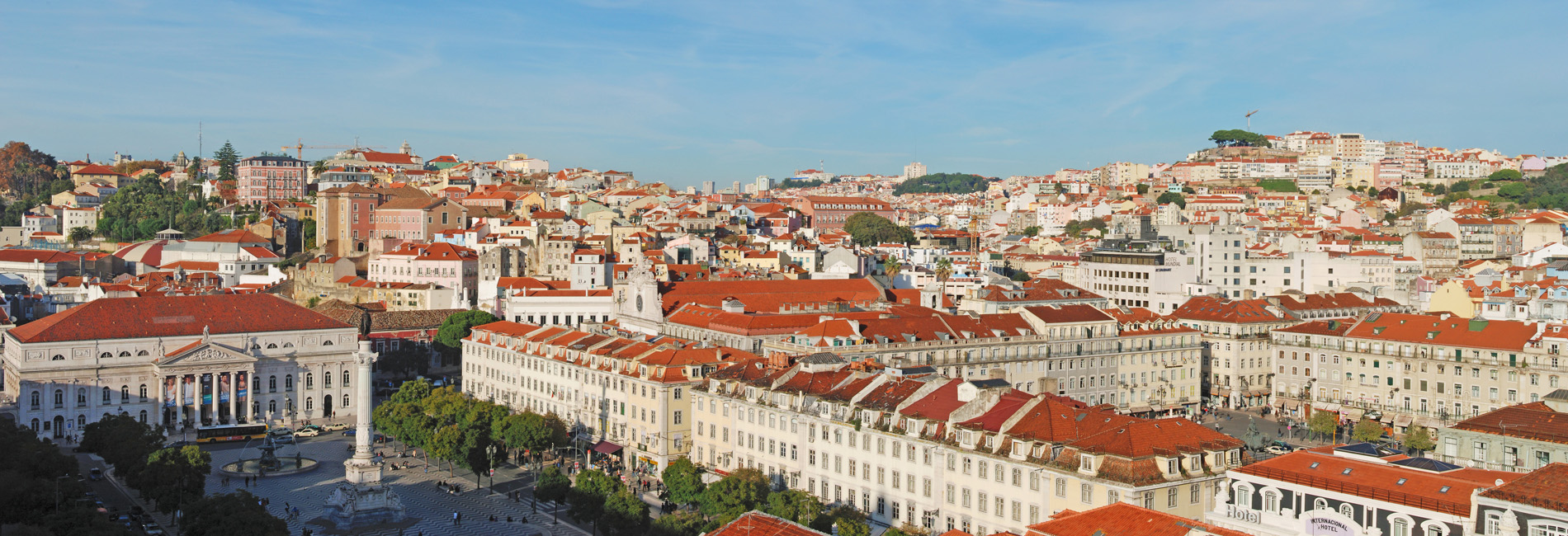
The city is also proud to maintain its traditions – including fado and Lisbon’s popular festivities. Whether in the Castelo neighbourhood – where the city began – or the monumental zone of Belém, which houses the city’s greatest icons – the Monastery of Jerónimos and the Tower of Belém – we suggest you take a trip through Lisbon’s rich history.
You can know more about this beatiful city here http://www.visitlisboa.com/, or here http://www.lonelyplanet.com/portugal/lisbon. You can also find out 7 reasons Lisbon could be Europe’s coolest city.
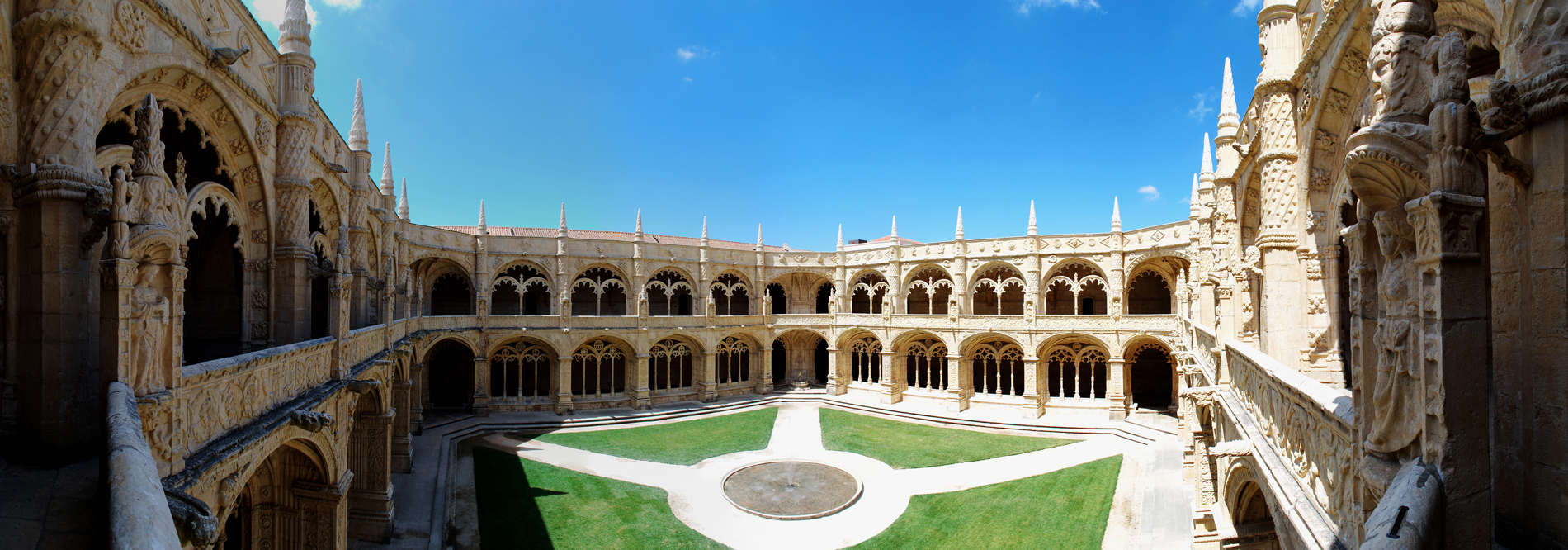
Registration
We are sorry to inform that registration for the summer school is now closed, since we have reached our limit of participants.
All registered attendants will have access to
- all the summer school lab sessions, tutorials and keynote talks
- coffee breaks
- the DILS 2014 keynote talks (see the details here)
If you need more information, send a message to info@ds3.inesc-id.pt.
Attention: as of now, we have only 5 vacancies left for the Summer School. We will accept the registrations on a first-come first-served basis.
The registration fee for the Summer School is 100 euros.
Registration is free for our partners:
people attending the DILS 2014 conferencemembers of the DataStorm project teamstudents with an FCT scholarship
To register, please use the following links:
If you are a member of the DataStorm project or a student with an FCT scholarship, register here.If you are attending DILS 2014 you can register for the summer school at the same time here.Everyone else can register here (please note that the registration form is shared with the DILS 2014 event).
